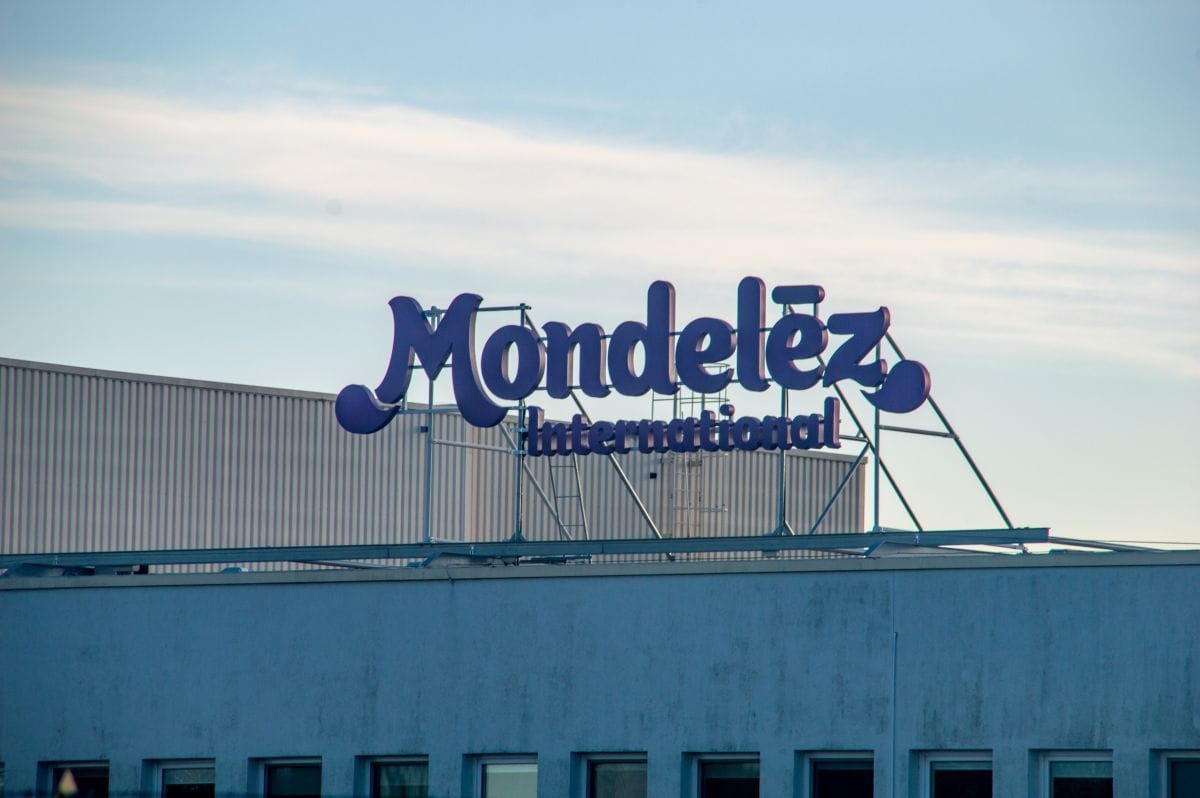Mondelez Defeats Class Action Over “Climate Neutral” Clif Bar Labeling
An Illinois judge ruled that Mondelez’s “climate neutral certified” label on Clif Kid Zbars was a truthful statement, dismissing consumer deception claims.
Published on
A proposed class action accusing Mondelez International Inc. of misleading consumers with “climate neutral” labeling on its Clif Kid Zbars has been dismissed by an Illinois federal court. Plaintiff Cynthia Salguero alleged that the company’s marketing created the false impression that Zbars were produced without environmental harm.
According to the complaint, Salguero purchased the bars believing “climate neutral” meant that their production generated no pollution. She claimed this was misleading because manufacturing the snacks results in greenhouse gas emissions — reportedly equivalent to the output of more than 12,500 gas-powered cars.
The plaintiff asserted violations of California’s Consumers Legal Remedies Act and Unfair Competition Law, alleging that the “climate neutral” statement deceived environmentally conscious consumers into purchasing the product under false pretenses.
The Court’s Analysis
U.S. District Judge Manish S. Shah granted Mondelez’s motion to dismiss, finding that the labeling was factually accurate and clearly attributed to a third-party certification body.
The product packaging displayed the phrase “climate neutral certified,” referencing standards set by the Change Climate Project — a nonprofit organization that measures and verifies corporate emissions reductions and carbon offset strategies. Companies earning this certification must calculate their emissions, create an action plan for reduction, and purchase verified carbon credits to offset remaining output.
Judge Shah noted a crucial distinction between a company claiming to be “climate neutral” and one claiming to be “climate neutral certified.” The latter is an acknowledgment of third-party verification, not a self-declared environmental status.
“Salguero also does not allege that Mondelēz violated Change Climate Project's standards or that the Change Climate Project certification on the packaging is inaccurate,” the court stated. “There is nothing deceptive about Mondelēz including on its packaging a true statement.”
Reasonable Consumer Standard
The court applied the reasonable consumer standard to determine whether Mondelez’s labeling could mislead an average buyer. While the plaintiff argued that consumers might equate “climate neutral” with an absence of emissions, the judge concluded that such an interpretation ignores both the presence of the certification qualifier and the realities of product manufacturing.
“Reasonable consumers are generally not expected to conduct independent research to substantiate claims made on a product's packaging,” the order explained. “But neither are they permitted to defy common sense and everyday experiences.”
Judge Shah found that Salguero’s claim mischaracterized the promise made by Mondelez. The inclusion of “certified” was not hidden or illegible, as demonstrated in the complaint’s own images of the product. Even though “climate neutral” appeared in larger text, the word “certified” remained visible and legible.
Implications for Environmental Marketing
The ruling underscores the importance of accuracy and third-party verification in environmental advertising claims. It differentiates between a company making unverified sustainability assertions and one displaying an authentic certification from an independent standards organization.
The decision may influence future litigation involving environmental labels, particularly as regulators and consumers scrutinize so-called “greenwashing.” Courts may continue to rely on objective third-party certifications as a basis for determining whether claims are misleading.
Companies seeking to highlight sustainability efforts should ensure transparency regarding the meaning and source of certifications. Aligning with verified programs like Change Climate Project can provide both marketing credibility and legal protection against false advertising suits.
For comparison, similar disputes have arisen over organic and eco-friendly designations, where certification accuracy and consumer interpretation have been central issues. This case reinforces that truthful, substantiated labeling—clearly tied to recognized certification programs—can withstand legal scrutiny under consumer protection laws.
Case Details
Case Name: Salguero v. Mondelēz International Inc.
Court Name: U.S. District Court for the Northern District of Illinois
Case Number: 1:25-cv-02139
Plaintiff Attorney(s): The Lyon Firm; Zimmerman Reed LLP; Jennings & Earley PLLC
Defense Attorney(s): Crowell & Moring LLP


